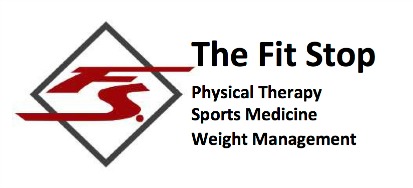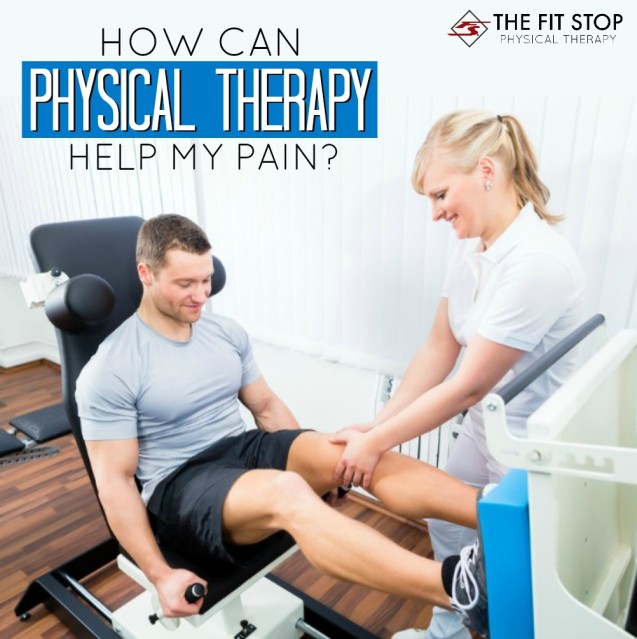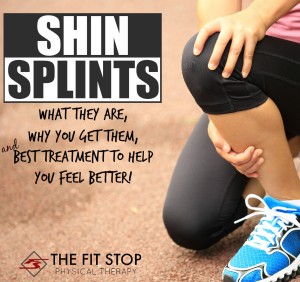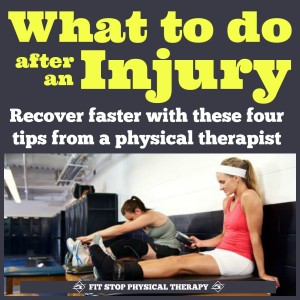How Can Physical Therapy Help My Condition?
That’s it! You’ve had it! You’ve had this nagging pain for long enough and have decided it’s high time you do something about it! You go in and see your doctor who informs you that the best treatment is to “go see a physical therapist”. A physical therapist?! What is he/she going to do?! How can physical therapy possibly help my pain?! Well – you’ve come to the right place as that’s the exact topic of our post today! Toby Bluth, PT, DPT, shares some of his insight as to how physical therapy can help to treat your pain, help you feel better, and get back to participating in those things that you love doing. Keep reading for more!
I had an interesting conversation a few years ago with my father-in-law, who is an attorney. I have tons of love and respect for this man. In particular, I appreciate his ability to analyze all angles of a situation. During this conversation, our topic was his worsening shoulder pain. As an avid tennis player for many years, his shoulder was now not allowing him to serve and play the way he was accustomed to. He posed the question: “How can physical therapy help my shoulder feel better?” As a newly practicing physical therapist (PT), and feeling a bit interrogated by his attorney style, I struggled a bit to give a clear answer. Today I would like to redeem myself! I want to discuss how physical therapy can help treat pain and improve function, using shoulder pain as an example.
Physical therapists (PTs) are experts in human movement. PTs are trained at a doctorate level to evaluate and diagnosis musculoskeletal pain. Using a thorough evaluation on the first physical therapy visit, your PT is able to make an accurate assessment of your condition. Based on that information, a comprehensive plan of care is developed to first – address the painful area, and second – treat the related underlying weaknesses, restrictions or imbalances in the human body that may be causing your pain.
Shoulder pain is one of the most common conditions treated at the Fit Stop Physical Therapy Heber City location. We see a variety of shoulder-related issues: from the post-surgical patient to those trying to avoid shoulder surgery. There are also those with sprains and strains from athletics or weight-lifting. So, how can PT help shoulder pain?
● First, it provides localized/targeted pain relief by reducing inflammation and/or reducing scar tissue. This is done with hands-on manual therapy techniques and physical therapy modalities (cold or heat therapy, ultrasound, and electrical 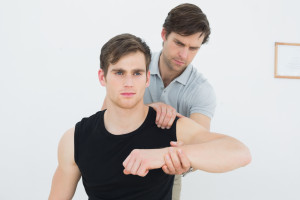 stimulation). PT also analyzes the different movement patterns of the patient to make a plan for behavior modification. For my father-in-law, this meant altering the tennis serve to prevent aggravation of the shoulder.
stimulation). PT also analyzes the different movement patterns of the patient to make a plan for behavior modification. For my father-in-law, this meant altering the tennis serve to prevent aggravation of the shoulder.
● Second, it corrects underlying shoulder movement impairments (either too much movement or not enough) using manual therapy and therapeutic exercises. This helps normalize movement and strengthen the overall shoulder, which takes pressure off the affected tissue.
● Third, once pain and inflammation are under control, a physical therapist will outline a comprehensive home exercise program that will enable the patient to maintain progress and prevent relapses in the future.
There is more and more evidence all the time that indicates that PT should be the primary treatment for musculoskeletal pain. Again using the shoulder as an example: a recent study reported in the January issue of the Bone and Joint Journal showed that when it comes to non-traumatic rotator cuff tears, PT alone gets similar results as arthroscopic surgery. PT has also been shown to attain similar results to surgery in treating back pain.
So, at the age of 81, my father-in-law still hits the tennis ball around a bit. He definitely has to alter his swing to avoid flare-ups, but has been able to manage the pain and avoid surgery by following a conservative treatment approach. Contact your PT at the Fit Stop today to experience the difference that physical therapy can make in reducing pain, speeding recovery, and returning to normal activity.
Looking for more great advice from the physical therapists at Fit Stop? Here are some more of our most-popular posts:
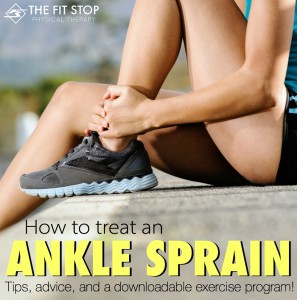
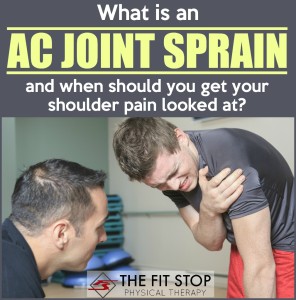
Toby Bluth, PT, DPT
Fit Stop Physical Therapy – Heber City
345 West 600 South Suite 200
Heber City, UT 84032
(435) 654-5607
